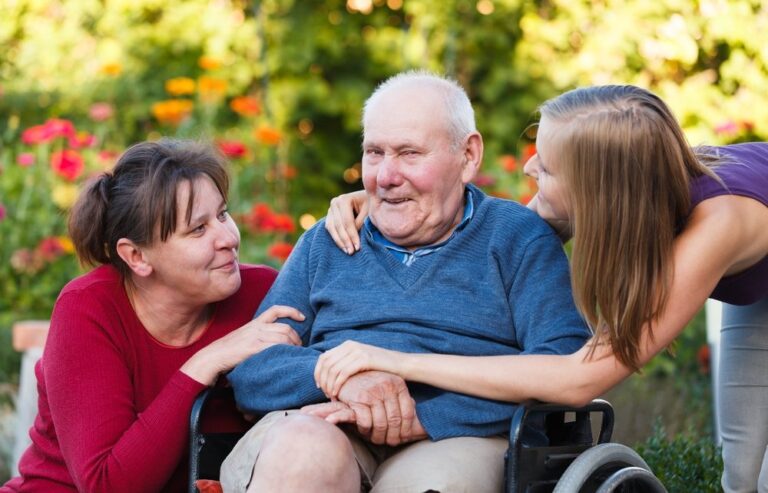Table of Contents
- Effects of Mental Health on Physical Health
- Physical Health Conditions That May Affect Mental Health
- How to Take Care of Your Mental and Physical Health
- Conclusion
The distinction between mind and body is a long-standing notion; however, mental and physical health are intricately linked. Good mental health positively influences physical health, while poor mental health can lead to adverse physical outcomes. This article explores the profound effects of mental health on physical health and vice versa, emphasizing the importance of holistic well-being.
Effects of Mental Health on Physical Health
Positive Mental Health Benefits
Mental health plays a pivotal role in overall well-being. A positive mental state can help maintain good health and prevent severe health conditions. Research indicates that a positive psychological state can significantly reduce the risk of heart attacks and strokes.
Negative Impacts of Poor Mental Health
Conversely, poor mental health can result in detrimental physical health effects and harmful behaviors:
Chronic Diseases
Mental health conditions like depression have been linked to various chronic illnesses, including diabetes, asthma, cancer, cardiovascular diseases, and arthritis. Schizophrenia is also associated with a higher risk of heart and respiratory diseases. Moreover, mental health issues can exacerbate the difficulty in managing chronic illnesses, leading to higher mortality rates from cancer and heart disease among those with depression or other mental health conditions.
Sleep Problems
Individuals with mental health conditions are more prone to sleep disorders such as insomnia and sleep apnea. Insomnia can disrupt the ability to fall or stay asleep, while sleep apnea causes breathing issues that lead to frequent awakenings. Approximately 50% to 80% of people with mental health conditions experience sleep problems, compared to 10% to 18% of the general population. Sleep disturbances can worsen existing mental health conditions, creating a vicious cycle.
Smoking
There is a higher prevalence of smoking among individuals with mental health conditions. People with depression, for instance, have lower levels of dopamine, a chemical that influences positive feelings. Nicotine in cigarettes temporarily boosts dopamine production, providing short-term relief from depressive symptoms. However, this relief is fleeting, often leading to nicotine addiction and increased smoking.
Access to Health Care
People with mental health conditions often face challenges in accessing adequate health care. Managing physical health becomes more difficult due to issues in seeking care, adhering to medication regimens, and maintaining regular exercise routines.
Physical Health Conditions That May Affect Mental Health
Psoriasis
Psoriasis, a dermatological condition characterized by painful red sores, is associated with acute stress and depression. The emotional and psychological distress stemming from anxiety, stigma, and rejection significantly impacts the overall health and quality of life of individuals with psoriasis.
Serious Medical Conditions
Serious medical diagnoses, such as cancer or heart attacks, can trigger feelings of depression or anxiety. Approximately one-third of individuals with severe medical conditions experience depressive symptoms, including low mood, sleep disturbances, and loss of interest in activities.
Learn More: What Is a Live In Caregiver and How to Become One
How to Take Care of Your Mental and Physical Health
Maintaining both mental and physical health is crucial for overall well-being. Here are some strategies to help you take care of yourself holistically:
Regular Exercise
Engaging in regular physical activity not only keeps you fit but also improves your mood. A daily 10-minute walk can boost mental alertness and energy levels, fostering a positive mood.
Proper Diet
Eating a diet rich in fruits and vegetables while minimizing processed sugars and fats can enhance both physical and mental health. Consulting with a qualified nutritionist can help you develop a customized diet plan tailored to your needs.
Avoid Alcohol and Drugs
While alcohol and drugs may provide short-term relief, they can have long-term negative effects on both physical and mental health.
Sufficient Sleep
Adults should aim for seven to nine hours of sleep per night. Additionally, a 30-minute nap during the day can increase alertness.
Relaxation Techniques
Practices such as meditation, deep breathing, and focusing your thoughts can help manage stress effectively.
Positive Mental Practices
Focusing on positive emotions and events rather than negative ones can improve your mental outlook and resilience.
Seeking Help from Others
Talking with friends or family members can alleviate stress. Enlisting help in difficult situations can also reduce the burden and promote mental well-being.
Learn More: The 8 Biggest Risks Of Hiring A Private Caregiver
Conclusion
The interconnection between mental and physical health underscores the importance of taking a holistic approach to well-being. By addressing both aspects, individuals can enhance their overall quality of life. From The Heart Home Care emphasizes the need for comprehensive care that nurtures both the mind and body, promoting a healthier, happier life.







